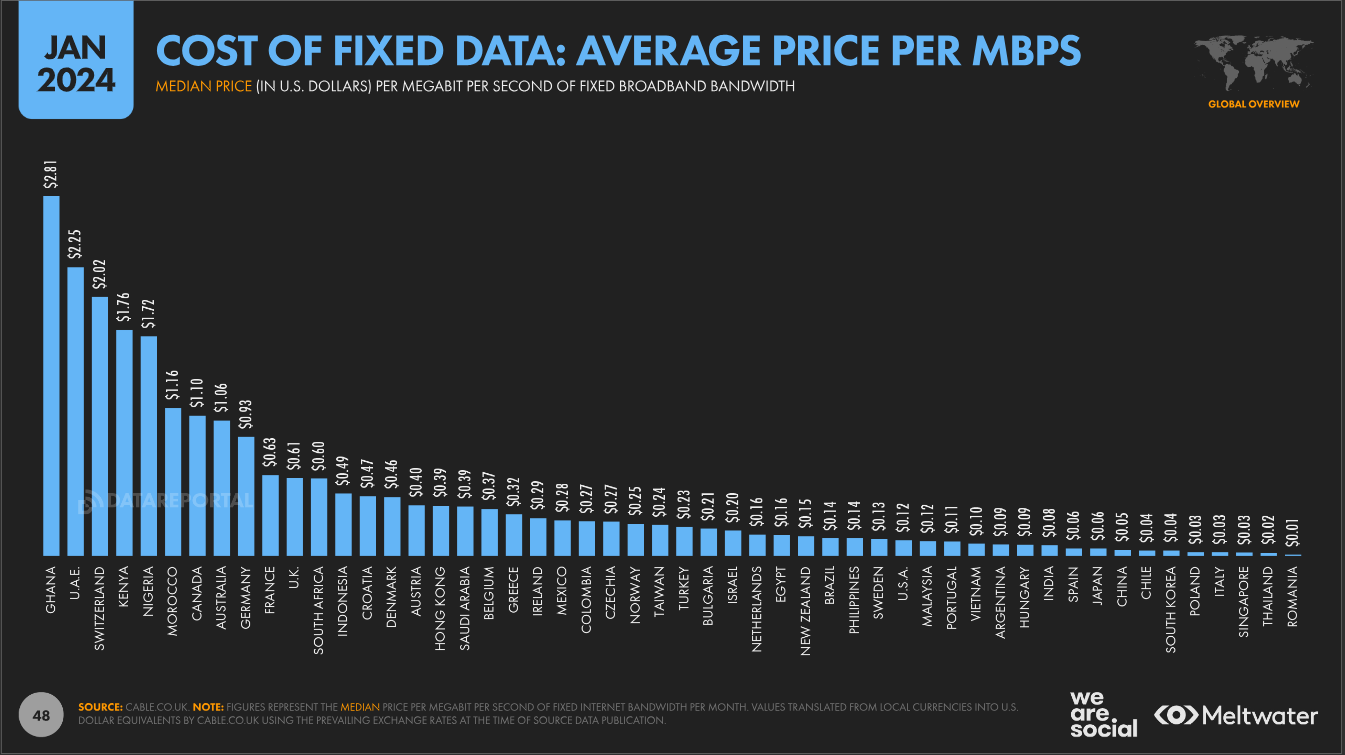
By Joshua AMLANU & Ebenezer NJOKU
As part of moves toward the next phase of banking reform, the Bank of Ghana (BoG) is set to pilot its open banking framework – a structural initiative designed to enable safe, consent-based sharing of banking data and services between banks, fintech firms and other financial institutions.
Governor Dr. Johnson Asiama, speaking at the Ghana Association of Bankers’ 42nd annual meeting, stated that “control is shifting to the customer” as data-sharing becomes central to modern financial services.
The initiative, which is still at the proof-of-concept stage, will be guided by strict standards for data governance, cybersecurity and third-party accreditation to ensure the system is built on trust and inclusion.
“Our Open Banking Framework, now in proof-of-concept phase, will enable secure data-sharing between banks and fintechs under clear standards for consent, privacy and cybersecurity,” he said.
Concept
Open banking refers to a regulatory and technological system that allows customers to securely share their financial data with authorised third-party providers, such as fintech companies, through standardised digital interfaces known as application programming interfaces (APIs).
Rather than keeping customer data locked within a single institution, open banking gives individuals and businesses the power to grant or deny access to their financial information – enabling the creation of more tailored, innovative and competitive financial products.
It shifts ownership of financial data from institutions to consumers, marking a major step toward a more open, transparent and customer-driven financial system.
The open banking framework aims to allow a customer of one bank to authorise secure access to their banking data – such as account history, transaction flows or lending-score data – by another institution or fintech provider of their choice.
This promises several transformational outcomes including: enhanced product innovation, as fintechs and banks jointly develop personalised financial services based on richer customer data and analytics; increased competition and inclusive access, as smaller banks and non-bank providers compete on service quality rather than branch footprint alone; and improved customer control, allowing clients to choose how their data is used in line with global trends of consumer-centric finance.
The Governor highlighted that the pilot phase will focus on infrastructure-readiness, secure API and data standards, third-party accreditation and a regulatory sandbox.
Global developments
Ghana joins a fast-moving global wave of open banking adoption. According to recent industry reports, the global open banking market was valued at approximately US$31.6billion in 2024 and is projected to reach US$135billion by 2030 – increasing at a compound annual growth rate of around 27.6 percent.
In the United Kingdom alone, one in five consumers and small businesses are now actively using open banking services – with 13.3 million active users as of March 2025 and 31 million payments made in that month via open banking.
Globally, more than 65 percent of financial institutions now offer API access to customer data, reflecting a major structural shift in banking models.
Within Africa the open banking ecosystem is gaining traction, with usage expected to spread at a compound annual growth rate of about 18 percent through 2030 as more regulators and banks adopt interoperability frameworks.
Implications
For Ghana’s banking landscape, the initiative has several strategic implications. For banks and fintechs it will require building interoperable infrastructures, open APIs and strong data-governance capabilities. Fintechs will gain access to richer data and the ability to build tailored services for the Ghanaian customer base; but only if they meet BoG’s accreditation and security requirements.
For customers, open banking promises more choice in how banking data is used: potentially driving down costs, improving service quality and accelerating access to credit or tailored financial products. For regulators and the broader economy, the framework aligns with the national vision of digital financial transformation, boosting efficiency, deepening financial inclusion and positioning Ghana competitively within the regional and global digital finance ecosystem.
Governor Asiama, in expressing the rationale for such reforms said: “Prudence must never again be an excuse against innovation”.
Other pillars
Beyond open banking, Dr. Asiama revealed that the Bank of Ghana’s digital transformation strategy rests on four complementary pillars: infrastructure innovation, regulatory innovation, market deepening, and risk and trust innovation.
Under the infrastructure pillar, GhIPSS is enhancing instant payments and national QR systems to support multi-currency interoperability; meanwhile, the eCedi pilot is entering its next phase, connecting banks, fintechs and telecom operators on a secure, unified digital platform.
These efforts are intended to future-proof Ghana’s payments ecosystem and position the country as a regional leader in digital financial inclusion.
As part of the regulatory innovation pillar, BoG is finalising Ghana’s first comprehensive cryptocurrency regulations – expected to be submitted to Cabinet by December 2025.
This move will make Ghana one of the first African countries to introduce a structured legal framework for digital assets, balancing innovation with prudence.
Alongside this, new Digital Lending Guidelines are being developed to ensure responsible credit delivery, consumer protection and transparent partnerships between banks and fintechs.
Together, these measures reflect a deliberate shift from traditional oversight to forward-looking, technology-aware regulation.
Complementing these efforts are initiatives under the risk and trust innovation pillar, where BoG is deploying AI-driven supervisory tools and a Cyber Threat Intelligence Platform to strengthen system-wide resilience.
The Bank is also piloting an ESG and Climate-Risk Reporting Template to integrate sustainability into lending and investment practices.
The post BoG to pilot open banking framework, boosting data-sharing and customer control appeared first on The Business & Financial Times.
Read Full Story


















Facebook
Twitter
Pinterest
Instagram
Google+
YouTube
LinkedIn
RSS